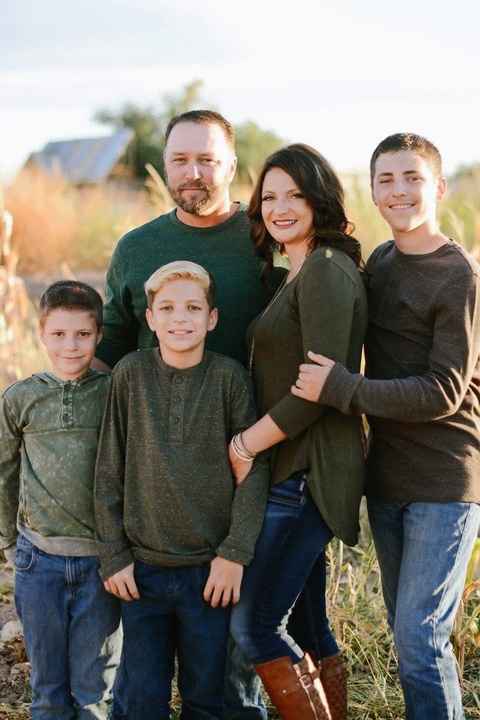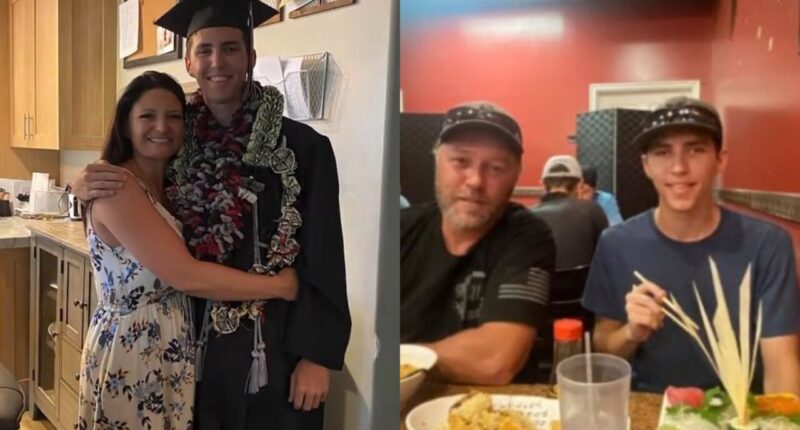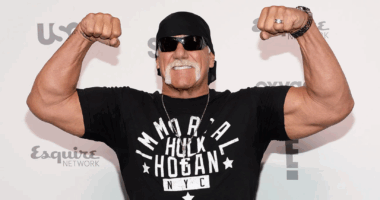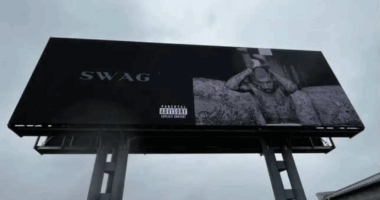The arrest of 22-year-old Tyler Robinson in connection with the assassination of conservative activist Charlie Kirk has sent shockwaves through the nation. As details emerge about the young man from Utah, the public is scrambling to understand who he is, what motivated him, and how his family became entangled in this tragic case. The story is still unfolding, but pieces of the puzzle are slowly coming together, painting a complex picture of a suspect whose actions have ignited fierce debates about political violence, justice, and the role of loved ones in preventing tragedy.
Robinson’s identity was confirmed by Utah Governor Spencer Cox during a press conference on September 12, 2025, where he famously declared, “We got him.” The suspect was turned in by someone close, a twist that adds layers of moral complexity to the narrative. According to authorities, Robinson’s family member contacted a friend, who then reached out to law enforcement after Robinson allegedly confessed or implied involvement in the shooting. This act of familial intervention ultimately led to his capture in St. George, Utah, nearly 250 miles from the crime scene.
Family Background and Ethnicity
Tyler Robinson’s parents are Matt Robinson (father) and Amber Robinson (mother). His dad is a 27-year veteran of the Washington County Sheriff’s Department in Utah, while his mom is employed by Intermountain Support Coordination Services, a Utah state-contracted company that assists disabled individuals in accessing care and support services.
Matt lives in Washington, Utah (a city in southern Utah, about 260 miles from Orem), in a $600,000 six-bedroom home. The family appears to have led a relatively affluent and stable life, with social media posts showing vacations, group selfies, and celebrations, such as Tyler’s acceptance into college. Tyler has two siblings, two younger brothers, suggesting a household of at least five members.
Like her husband, Amber resides in their home in Washington, Utah. Social media portrays a close-knit unit with positive, everyday moments, though no specific personal history beyond her job is detailed in reports.

Early reports suggest his family played a pivotal role in his apprehension. President Donald Trump mentioned during a Fox News interview that a minister connected to law enforcement communicated with Robinson’s father, Matt Robinson, facilitating the surrender. This implies they had prior ties to community or religious networks, though specific details about their identities remain undisclosed. Robinson’s ethnicity has not been officially confirmed, but social media posts and public records indicate he is a white Utah resident, consistent with descriptions from law enforcement.
Interviews with family members revealed that Robinson had become “more political in recent years.” At a recent dinner, he reportedly discussed Kirk’s upcoming event at Utah Valley University, expressing disdain for the activist’s views. One member stated that Robinson viewed Kirk as “full of hate and spreading hate.” This sentiment aligns with messages recovered from Robinson’s Discord account, which referenced retrieving a rifle from a “drop point” and leaving it in a bush. Their decision to turn him in underlines a tension between loyalty and a sense of civic duty, a conflict that will likely be scrutinized as the case progresses.
The Personal and Political Motivations
Tyler Robinson’s background offers few clues about a predisposition to violence. He attended Utah State University for one semester in 2021 but had no known affiliation with Utah Valley University, where the shooting occurred. Described as a “model student” in now-deleted social media posts by his mother, he appeared to be an ordinary young man. However, authorities recovered unsettling evidence, including unfired rifle casings inscribed with phrases like “Hey fascist! Catch!” and “Bella ciao”—a reference to an Italian anti-fascist anthem. These details suggest a politically motivated act, possibly influenced by online radicalization.
The weapon used, a high-powered bolt-action rifle, was found wrapped in a towel in a wooded area near the campus. Robinson’s proficiency with the firearm hints at prior experience, though no formal training or military background has been confirmed. His ability to blend into the college environment, wearing commonplace attire like a black eagle-printed shirt, baseball cap, and Converse sneakers, allowed him to evade immediate detection. Despite the calculated nature of the attack, his capture within 33 hours highlights the role of technology and community cooperation in modern law enforcement.

As the investigation continues, questions about Robinson’s home dynamics, upbringing, and ideological evolution remain unanswered. What drove a seemingly unremarkable young man to commit an act of political violence? How did his family reconcile their love for him with the horror of his actions? For now, the nation watches as justice takes its course, with Tyler Robinson facing potential death penalty charges.
The tragedy underlines a broader societal crisis: the escalating polarization that turns ideological disagreements into deadly confrontations. In the words of one Utah resident, “Unfortunately, we are broken” —a sentiment that echoes far beyond this case.









